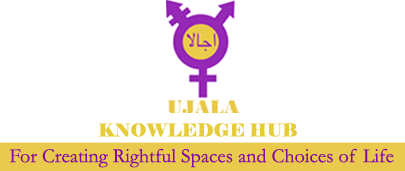Sexual and reproductive health is a fundamental human right; central to reducing poverty and improving long-term health. It is intrinsic to our right to life, freedom, health, choice, privacy, education and the prohibition of discrimination.
Many women and young people in Pakistan face barriers that prevent them from exercising this right. Major gaps remain at both service delivery and policy level, preventing adequate access to basic health facilities. Denying these rights have grave consequences that exacerbate poverty and inequality. It can lead to greater vulnerabilities to gender-related ill health, unintended pregnancies, maternal death, harmful cultural practices and sexual and gender-based violence.
Pakistan particularly struggles with high maternal mortality ratios, adolescent birth rates and unmet need for contraception. According to the Pakistan Demographic Health Survey (PDHS) 2012-2013, fertility is considerably higher in rural communities than in urban areas. On average, most rural women have 4.2 children. Contraceptive prevalence rate remains low at 26 per cent, meaning that a majority of people are not using birth control methods. This is despite the fact that 96 per cent of married Pakistani women are aware of at least one modern contraceptive method. Ujala strives to ensure quality access to reproductive health and women’s choice over their own reproductive choices is essential not only to achieve sustainable development but also to ensure empowerment for women.
Making health services youth-friendly
Adolescent and young people frequently face barriers in accessing sexual and reproductive health information and services, which has cascading impacts on their lives and opportunities. Meeting their unique needs has a profound effect on their health, well-being and opportunities later in life. This means providing access to life skills-based education and services to prevent, diagnose and treat STIs.
Ujala works with civil society and young people to better health services that are youth-friendly, including setting up adolescent counselling centres; developing service protocols; sensitizing communities and building the capacity of health facilities, civil society organizations.

